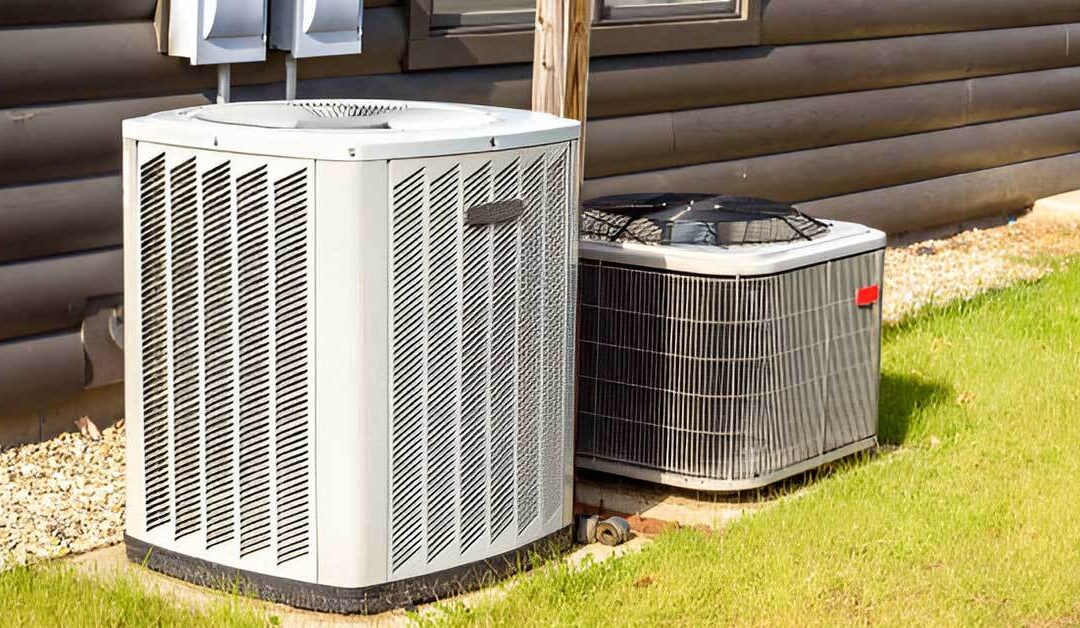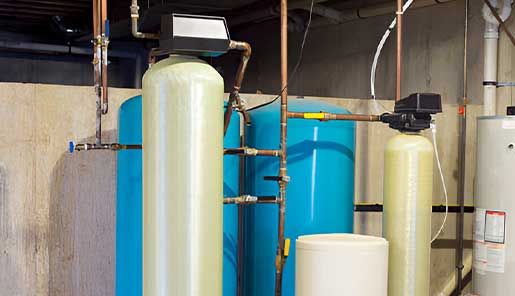
When considering the investment in a modern HVAC framework, one of the most common questions mortgage holders ask is, “How long will my HVAC system last?” Understanding the lifespan of your HVAC framework can help you arrange for future upkeep, repairs, or substitutions. This comprehensive direct will walk you through the factors that affect the lifespan of an HVAC system and what you can do to amplify its life and hvac cost.
Average Life expectancy of HVAC Systems
In common, most HVAC frameworks have a lifespan extending from 15 to 25 years. Be that as it may, this can shift significantly based on several factors, including the sort of system, quality of installation, and hvac maintenance practices.
Air Conditioners and Warm Pumps
Typically, air conditioners and warm pumps last almost 10 to 15 a long time. With proper maintenance, a few can final up to 20 years. Warm heat pumps, in specific, are often used year-round for both heating and cooling, which can impact their lifespan.
-
Furnaces
Gas furnaces tend to last between 15 to 20 years, while electric furnaces can last a bit longer, often up to 30 a long time. The longevity of a heater also depends on the frequency of utilization and maintenance practices.
-
Boilers
Boilers usually have a life expectancy of 20 to 30 years. Proper support and quality installation can amplify this lifespan. Boilers tend to be more tough since they have less moving parts than other HVAC systems.
Factors Impacting HVAC System Longevity
Several factors influence how long an HVAC system will last:
Quality of Installation
A proper installation is vital for the life span of your HVAC system. Destitute establishment can lead to inefficiencies and untimely wear and tear. Ensuring that your system is introduced by a certified professional can avoid future problems and expand the system’s lifespan.
Maintenance Practices
Regular support is key to extending the life of your HVAC framework. Yearly check-ups, cleaning, and convenient repairs can anticipate major issues and keep your framework running smoothly. Regular maintenance includes errands such as reviewing and cleaning coils, checking refrigerant levels, and guaranteeing all components are functioning correctly.
Usage
The recurrence and concentration of utilization can affect the life expectancy of your HVAC system. Systems that run always or are subject to extraordinary conditions may wear out quicker. Using your HVAC system effectively, such as setting fitting temperatures and avoiding excessive use, can help prolong its life.
Environmental Factors
Environmental conditions, such as humidity, clean, and open air temperature extremes, can influence the solidness of your HVAC framework. Systems exposed to harsh weather conditions or tall levels of clean and flotsam and jetsam may require more frequent maintenance and seem to have a shorter lifespan.
Quality of Components
Higher quality components and materials utilized in your HVAC framework can lead to a longer life expectancy. Contributing in a reputable brand with great reviews can pay off in the long run. High-efficiency frameworks and those with progressed features often have longer lifespans due to better engineering and construction.
Tips to Extend the Lifespan of Your HVAC System
Here are some practical tips to help you get the most out of your HVAC system:
Schedule Regular Maintenance
Ensure your HVAC system is inspected and adjusted by a proficient at least once a year. This helps catch potential issues early and keeps the system running effectively. Standard support ought to include checking all system components, cleaning filters and coils, and testing system performance.
Change Filters Regularly
Dirty filters can restrict airflow, causing the system to work harder and wear out faster. Alter your filters every 1-3 months, depending on utilization and the sort of channel. High-efficiency particulate air (HEPA) filters and other progressed channels can help keep your system clean and running efficiently.
Keep the System Clean
Dust and debris can gather in the system, leading to inefficiencies. Clean around the open air unit and ensure vents and ducts are free from obstructions. Regularly cleaning the area around your HVAC system and keeping vents unblocked can improve airflow and system efficiency.
Use a Programmable Thermostat
A programmable thermostat can help decrease the stack on your HVAC system by adjusting temperatures when you’re not home, thereby saving energy and lessening wear and tear. Savvy thermostats offer even more control, permitting you to alter settings remotely and optimize your system’s performance.
Seal and Insulate Your Home
Proper sealing and insulation can reduce the workload on your HVAC framework by keeping up a reliable indoor temperature. Ensuring that windows, doors, and conduits are legitimately fixed and protects can anticipate vitality misfortune and improve system efficiency.
When to Replace Your HVAC System
Even with the best maintenance, all HVAC systems will eventually require to be replaced. Here are a few signs that it might be time for a new system:
Frequent Repairs
If your HVAC system requires visit repairs, it might be more cost-effective to supplant it. Steady breakdowns and repairs can show that the system is nearing the end of its lifespan.
Increased Vitality Bills
A sudden spike in vitality bills can show that your system is no longer running efficiently. Older frameworks may lose efficiency over time, leading to higher working costs.
Uneven Warming or Cooling
If certain areas of your home are not being warmed or cooled viably, it may be a sign of an aging framework. Conflicting temperatures can indicate that your framework is battling to maintain the desired climate.
Noise and Odors
Unusual noises or odors coming from your HVAC system can indicate genuine issues that may require replacement. Loud operation, unusual smells, or excessive vibration are all signs of potential system failure.
Age of the System
If your HVAC system is nearing the end of its expected lifespan, it might be time to consider a substitution before major issues emerge. Proactively supplanting an aging system can prevent unexpected breakdowns and ensure continued comfort.
Conclusion
Understanding how long an HVAC framework endures and what components impact its lifespan can offer assistance and you make informed decisions about support and substitution. Normal upkeep, proper establishment, and careful utilization can significantly extend the life of your system, ensuring comfort and efficiency in your home for many years to come.
By staying proactive and addressing issues early, you can maximize the return on your investment and maintain a comfortable living environment year-round. Investing in high-quality components, using advanced technology, and taking after best practices for maintenance can help you get the most out of your HVAC system, providing peace of mind and vitality savings.







